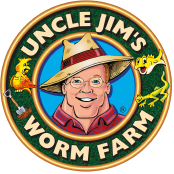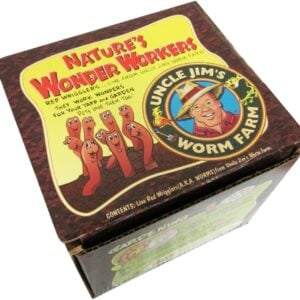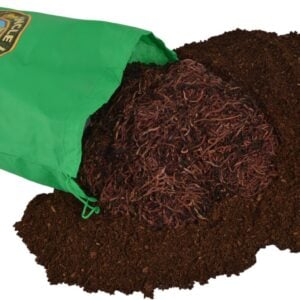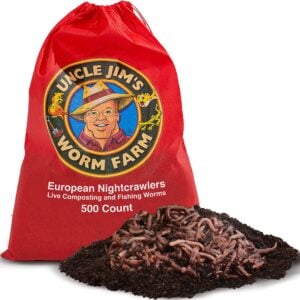Composting Worms for Sale
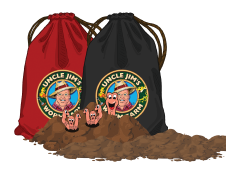 Looking to create your own worm farm and take composting to the next level? Look no further! We ship our Red Composting Worms and European Night Crawlers year-round, and they are ALWAYS guaranteed LIVE! Whether you’re composting food scraps and organic waste or making worm castings for your garden, our live compost worms are the ideal choice.
Looking to create your own worm farm and take composting to the next level? Look no further! We ship our Red Composting Worms and European Night Crawlers year-round, and they are ALWAYS guaranteed LIVE! Whether you’re composting food scraps and organic waste or making worm castings for your garden, our live compost worms are the ideal choice.
Showing all 11 results
-
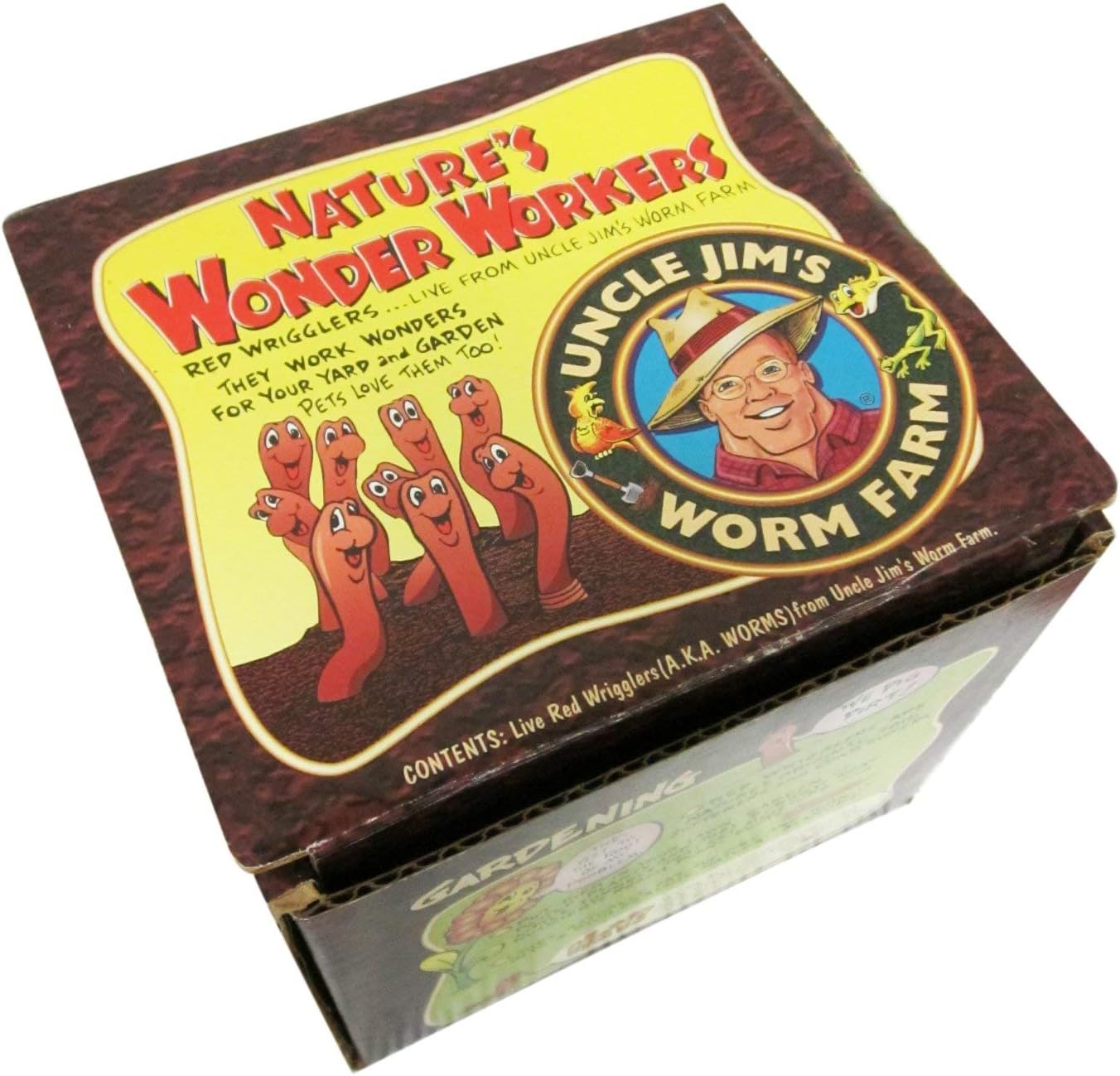
2000 Red Composting Worm Mix – Top Rated
$58.95 Add to cart -

250 Red Composting Worm Mix.
$27.95 Add to cart -
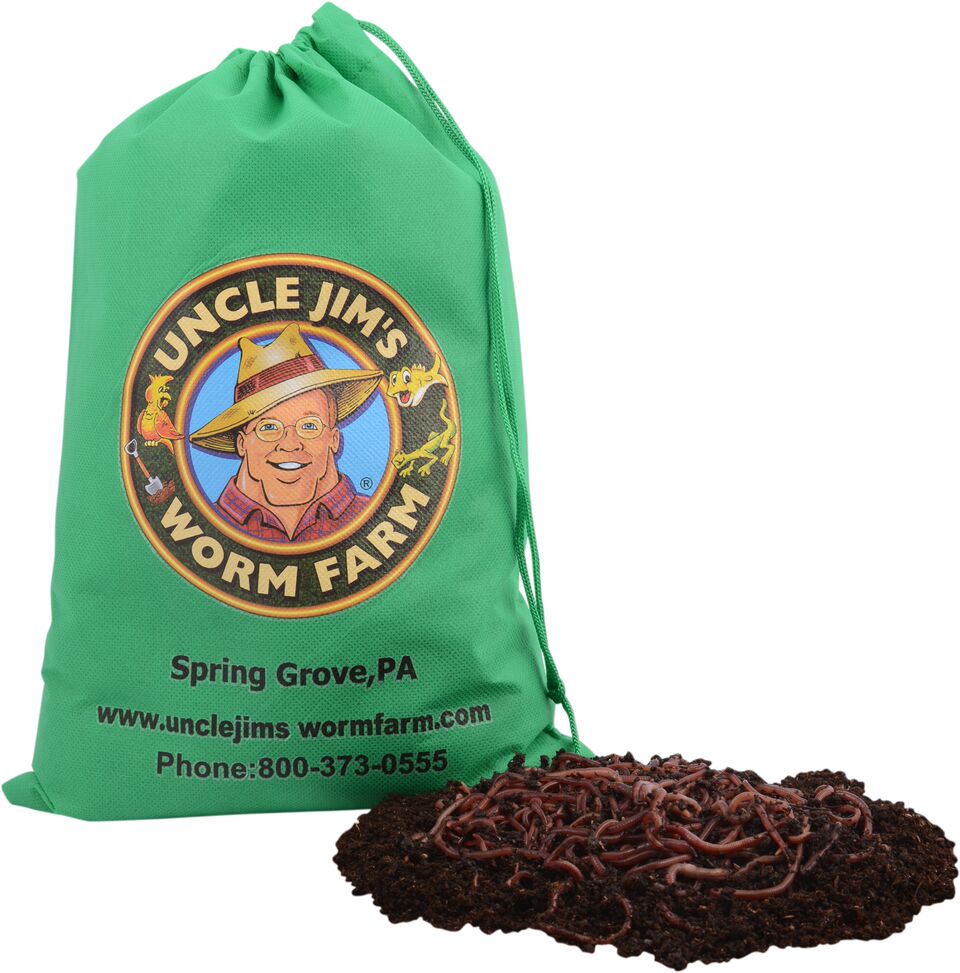
500 Red Composting Worm Mix.
$34.95 Add to cart -
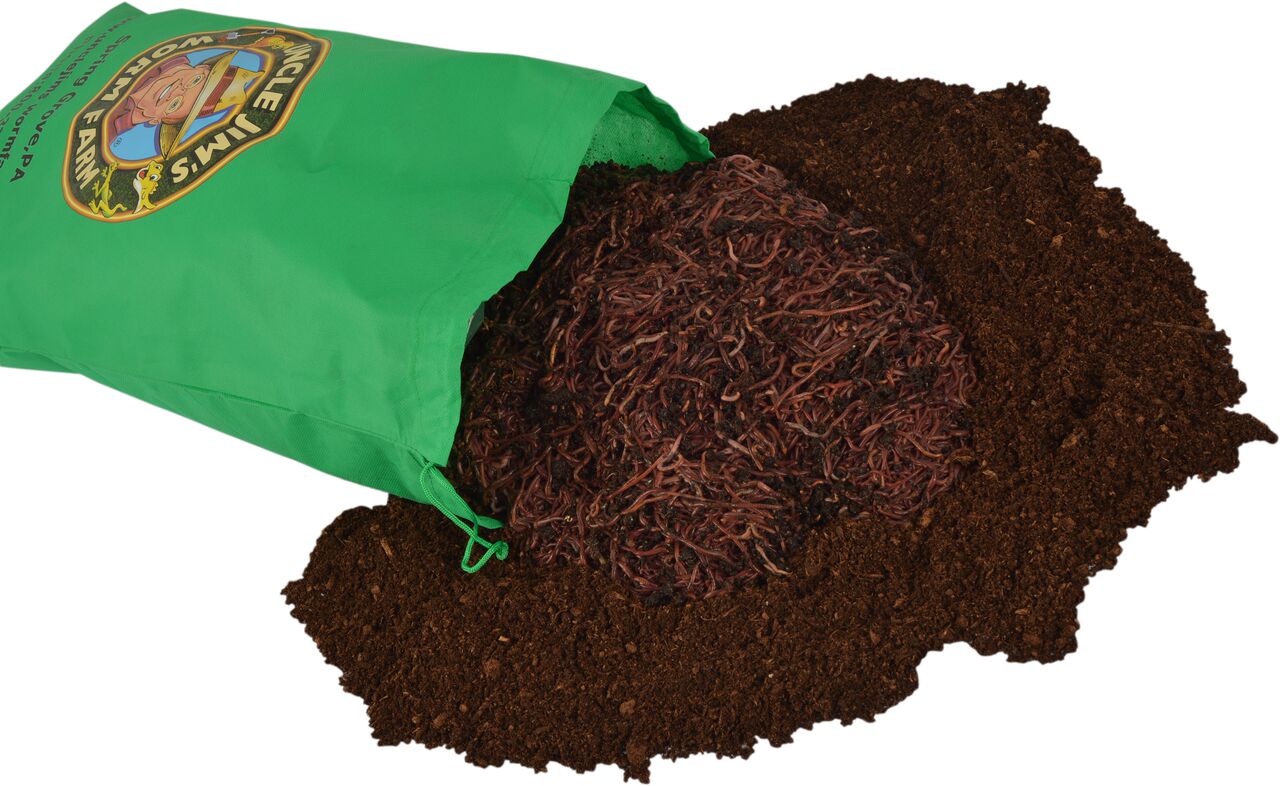
1000 Red Composting Worm Mix
$39.95 Add to cart -
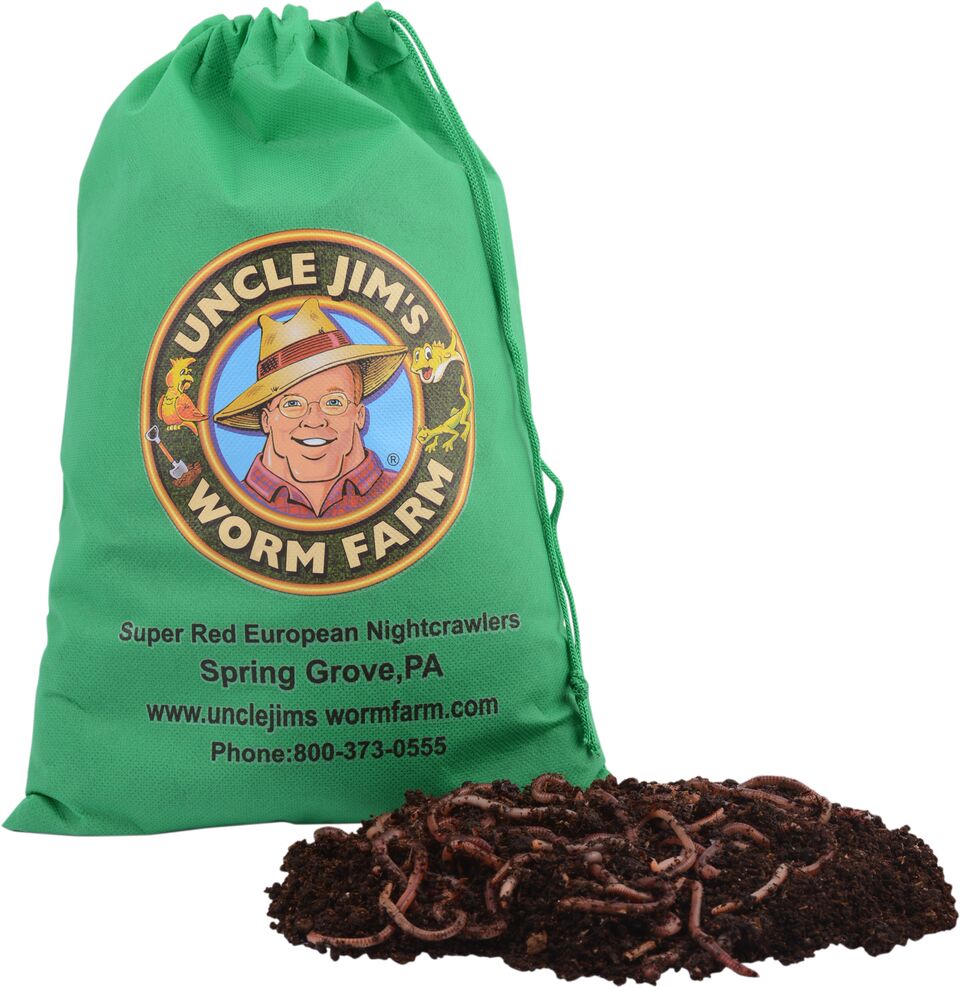
250 Super Reds European Night Crawlers
$35.95 Add to cart -
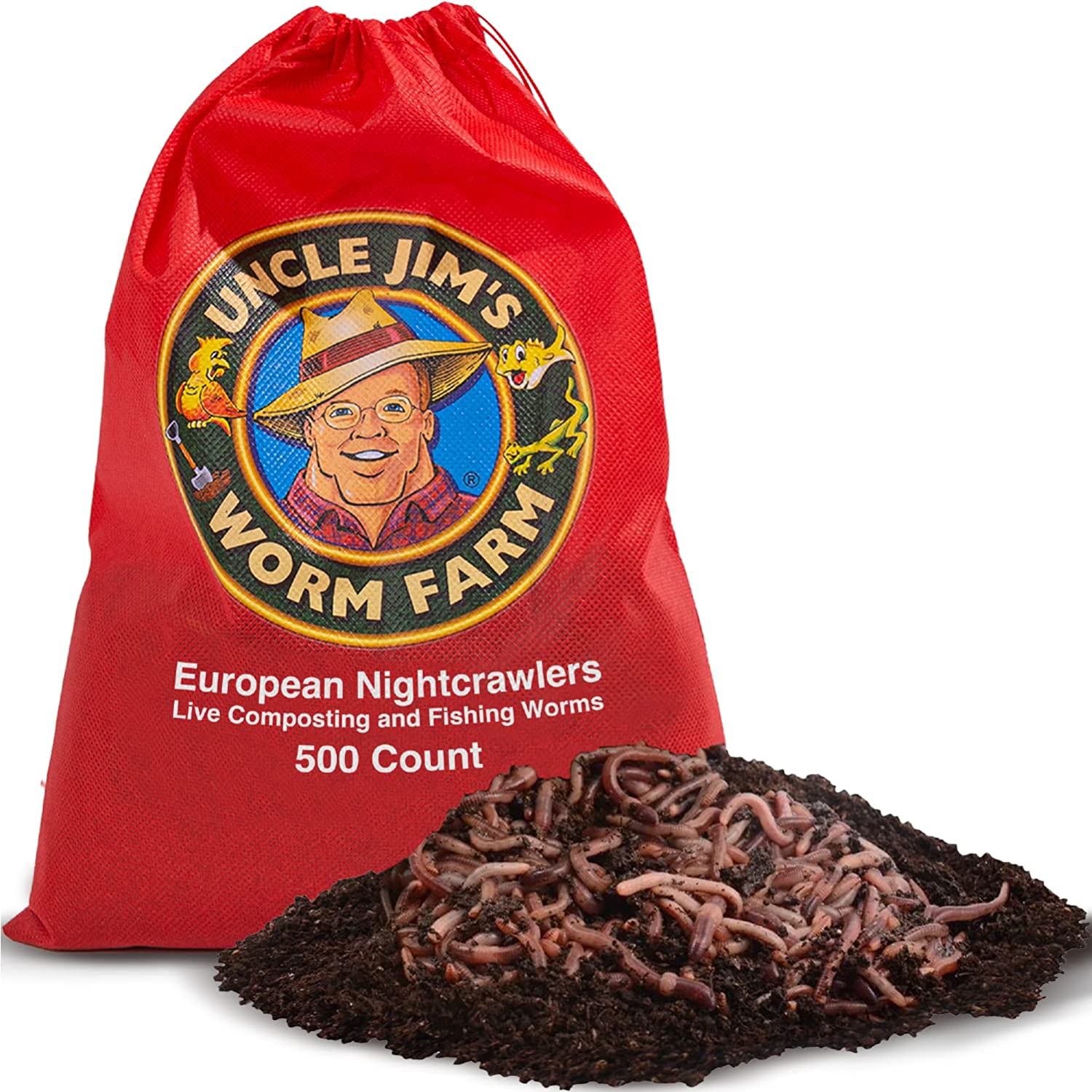
500 Super Red European Night Crawlers for Sale
$49.95 Add to cart -
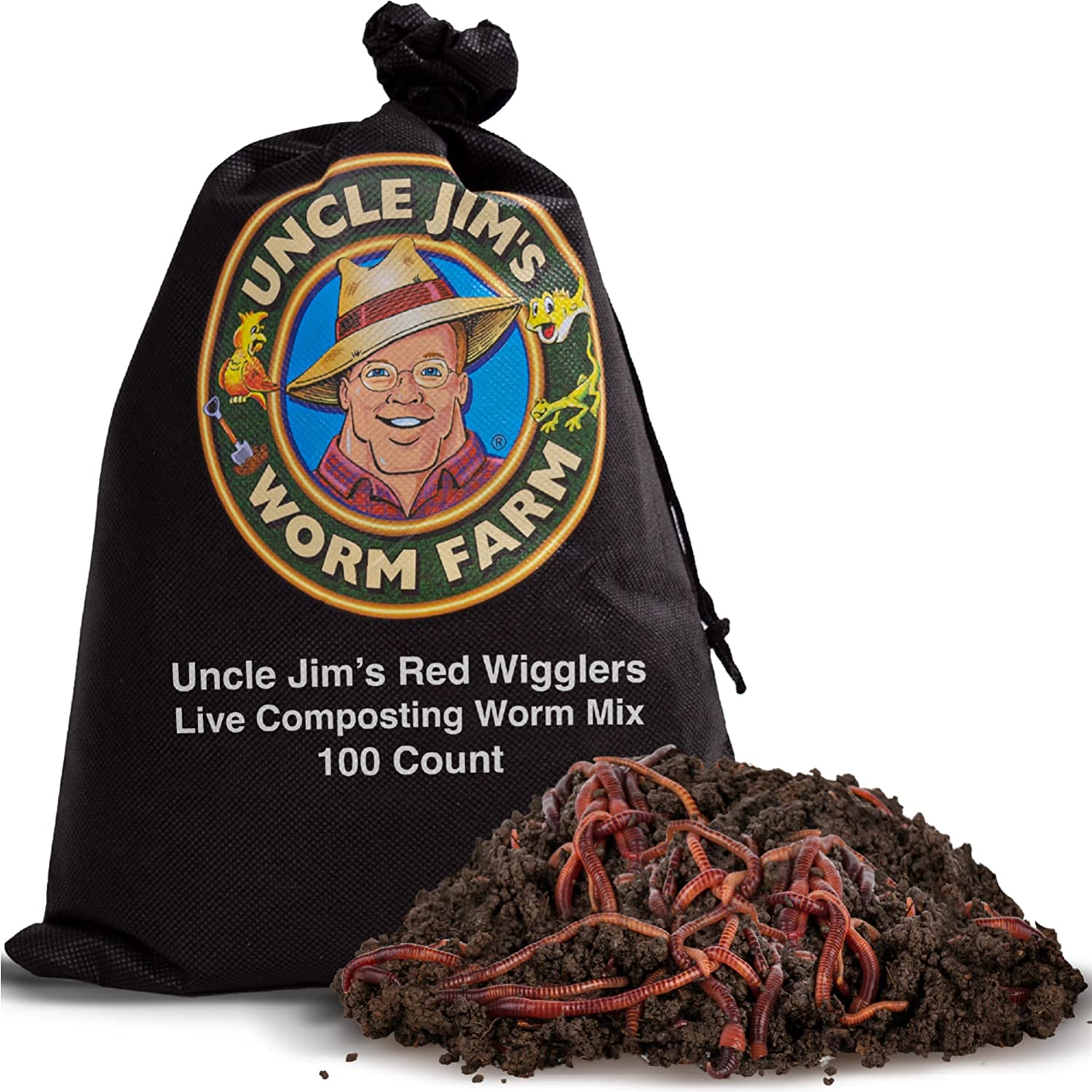
100 Red Composting Worm Mix – Free Shipping.
$23.95 Add to cart -
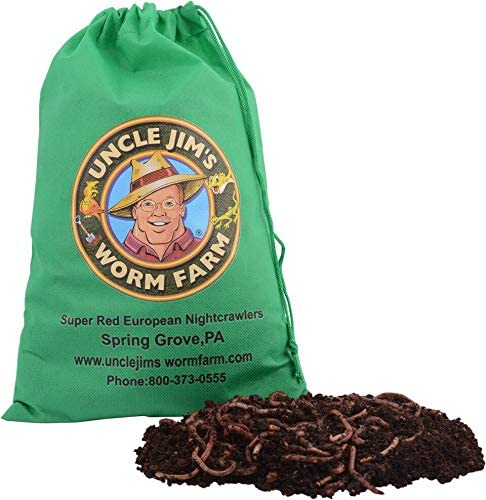
100 Count Super Red European Night Crawlers
$29.95 Add to cart -

5000 Red Composting Worm Mix
$159.95 Add to cart -

10,000 Red Composting Worm Mix
From: $249.95 Select options -

Worm Hobby Kit – FREE SHIPPING*
$69.99 Add to cart
FAQ:
What Kind of Worms Do You Put in Compost?
The most common type of worm used for composting is the red wiggler or red worm, also known as “composting worms.” They are well suited for composting because they can quickly consume a large amount of organic matter and tolerate a wide range of temperatures and moisture levels. They are also very efficient at breaking down and converting organic matter into nutrient-rich compost. Other types of worms, such as nightcrawlers, may also be used.
How Long Do Compost Worms Live?
The lifespan of a composting worm can vary depending on its living conditions and the species of worm, but most composting worms live for around 1-2 years.
Red wigglers can live up to 2 years and breed rapidly in optimal conditions. Under ideal conditions of temperature, moisture, and food, composting worms can reach maturity and start breeding within 60-90 days after hatching. They can produce 1-2 cocoons per week, containing 2-20 eggs. This means that a small population of worms can quickly grow to a large population, allowing for continuous composting and nutrient production and making them the perfect worms for your worm farm.
Is It OK to Put Worms in a Compost Bin?
Yes! When you add composting worms to a compost bin, they will consume the organic matter and convert it into nutrient-rich compost.
When adding worms to a compost bin, you need to provide them with the right conditions, such as a balance of moisture, temperature, and food. A compost bin should not be too wet or too dry, and the temperature should be between 55-70F for red wigglers. Also, you should mix the compost regularly to ensure the worms have access to fresh food and oxygen.
We recommend starting with a small number of worms and gradually adding more as the population grows. This will allow the worms to adjust to their new environment and prevent overloading the compost bin with too many worms.
Can You Put Composting Worms in the Garden?
Yes, composting worms can be added to a garden to help improve soil health and fertility. This is often referred to as vermiculture or vermicomposting. You can add worms to the soil directly or place them in a worm bin near the garden. Compost worms will break down organic matter in the soil, such as fallen leaves, grass clippings, and kitchen scraps, and convert it into nutrient-rich compost.
This compost can then be used to amend the soil and provide essential nutrients for plants. Additionally, worm castings, the excrement of the worms, can be collected and used as a soil amendment to improve soil structure and fertility.
